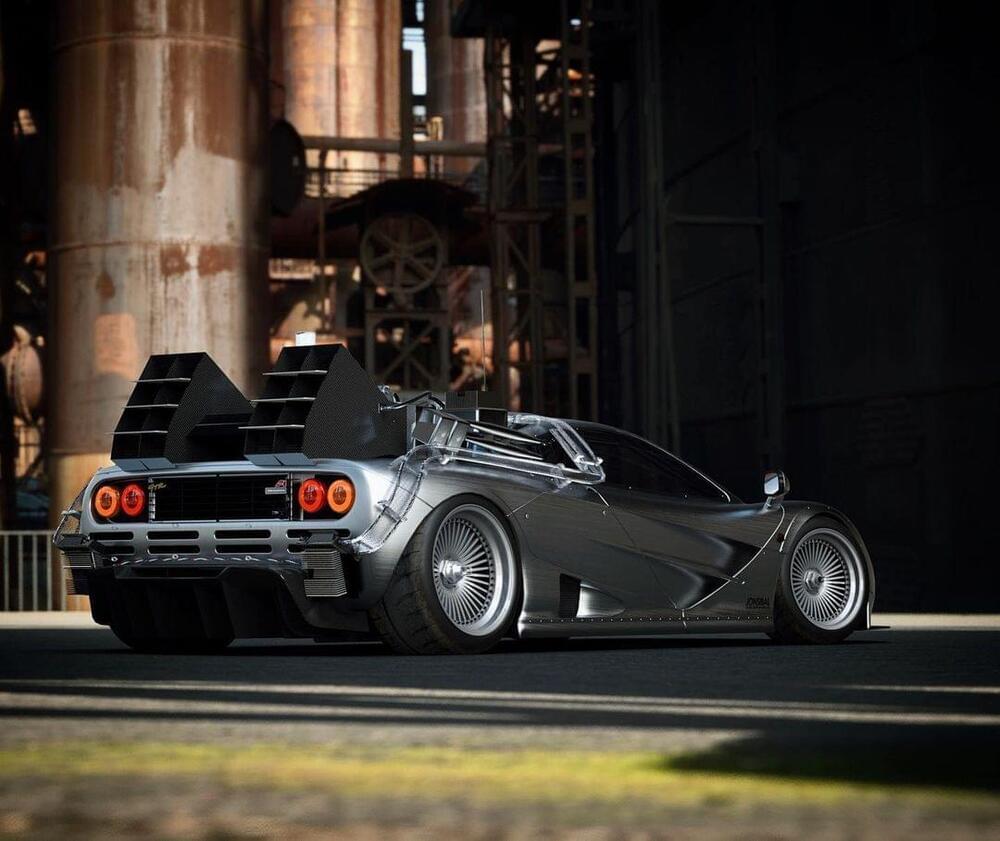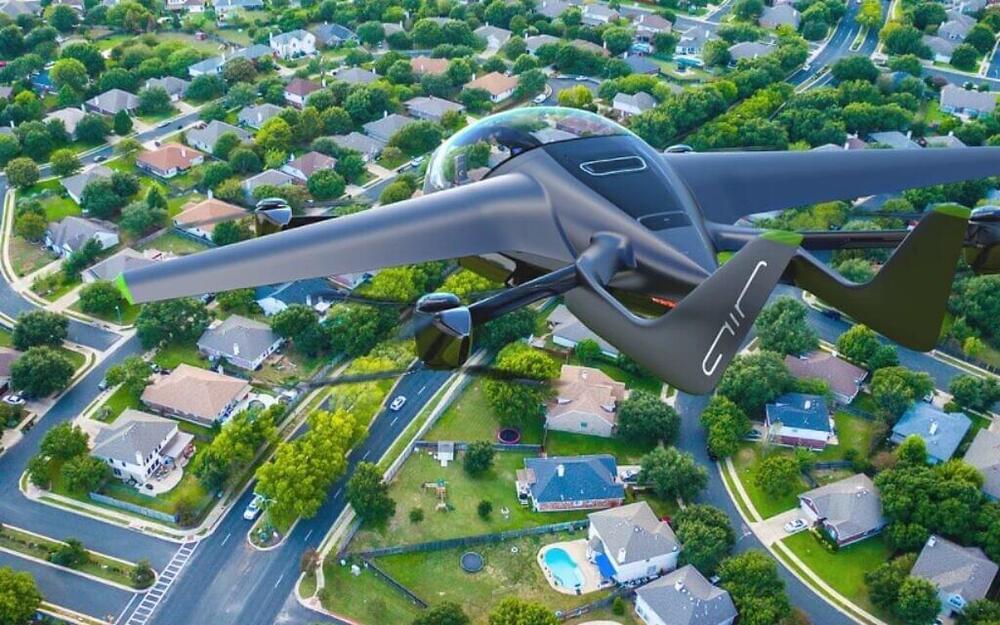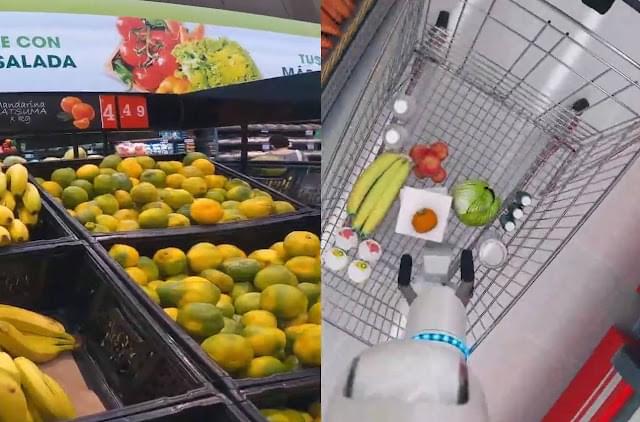Almost every time we talk about Vertical Take-Off and Landing (VTOL) concepts, we are looking at a scaled-down version of an aircraft that can carry four-five people and some cargo. And an Israel-based company, Urban Aeronautics is determined to create the first flying car and they are doing a pretty good job at it.
The flying car’s lift is generated by fully enclosed counter-rotating ducted fans that are placed both in the rear and front of the car. After years of testing, the company has unveiled a sleeker exterior this year that can zip past at a top speed of 150 mph (241 kph) and has a range of around 100 miles (160 km). The project noise levels from this are still 78 dB, which are quite acceptable for city limits, the company claims. The company has completed technology demonstrations using helicopter engines where the car has flown at low altitudes of 49 feet (15 m).
Full Story:







